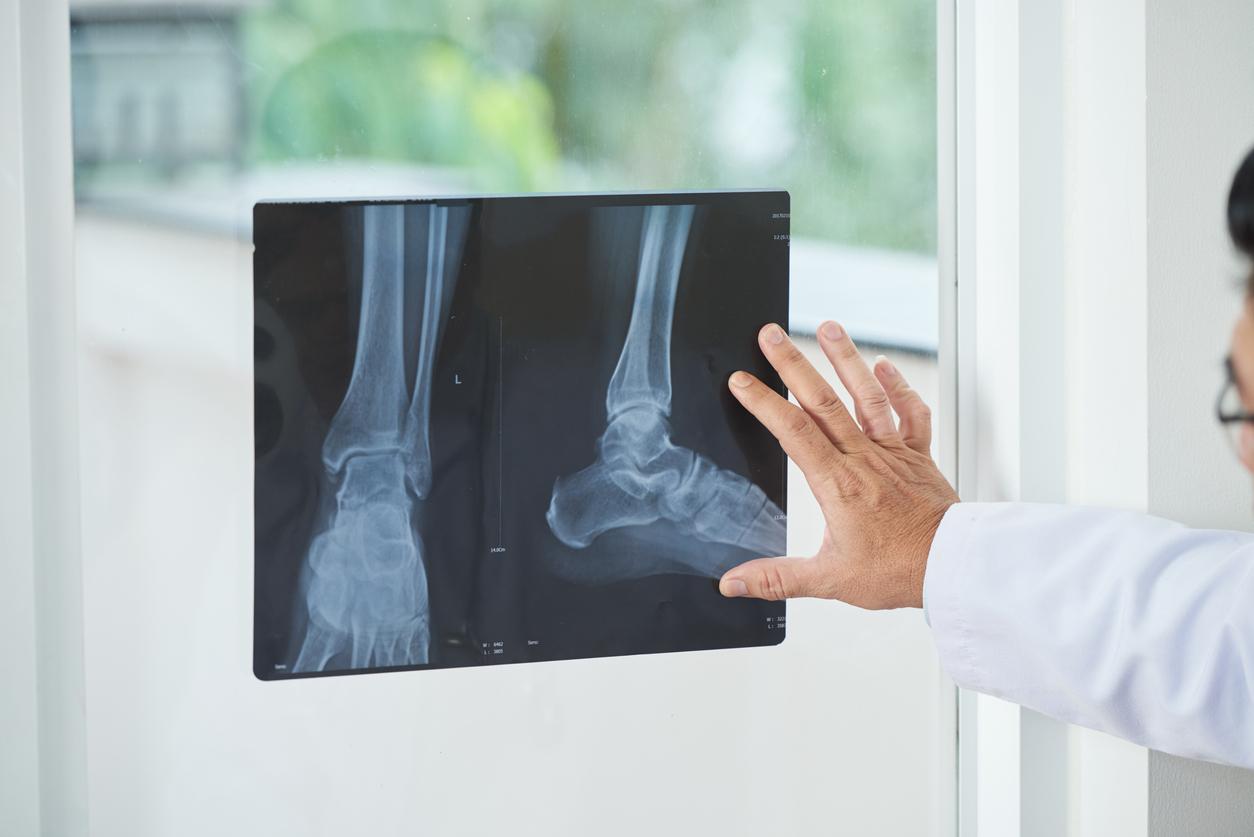A published meta-analysis in the British Medical Journal calls into question the use of injections of hyaluronic acid in the knees to fight against osteoarthritis. The researchers identified 169 trials involving 21,163 patients with knee osteoarthritis that compared viscosupplementation with placebo treatment or no treatment. They believe that hyaluronic acid injections do not change the pain and may increase the risk of developing other adverse effects.
This method has been used for a long time, the 1970s saw it emerge as a remedy for osteoarthritis of the knee. In fact, we have enough patients and hindsight to assess today whether it is interesting or not… Especially sincean estimated 560 million people worldwide are affected by this disorder. As a reminder, osteoarthritis is characterized by the degradation of joint cartilage, particularly in the hips, knees and fingers. It is manifested by pain, stiffness of the joints or even deformation of the bones. It is a chronic disease.
49% chance of developing other adverse effects
This technique of viscosupplementation has been criticized for some time now, but it continues to be practiced in particular in the United States, note the researchers.
The result is that the reduction in pain is very slight, compared to the placebo, so small that it is qualified as “not significant”. In addition, the risks of developing other harmful effects following these injections would increase by 49%, the researchers estimate.. They acknowledge that this does not mean that these injections have not been useful for some patients. But they believe that their usefulness cannot be proven as it stands.
Source : Viscosupplementation for knee osteoarthritis: systematic review and meta-analysisBritish medical journal, July 2022
Read also :
- Osteoarthritis: a new drug to block the disease
- Osteoarthritis: the most affected joints and those that are less affected
- Osteoarthritis: a questionnaire to better target pain in patients


















